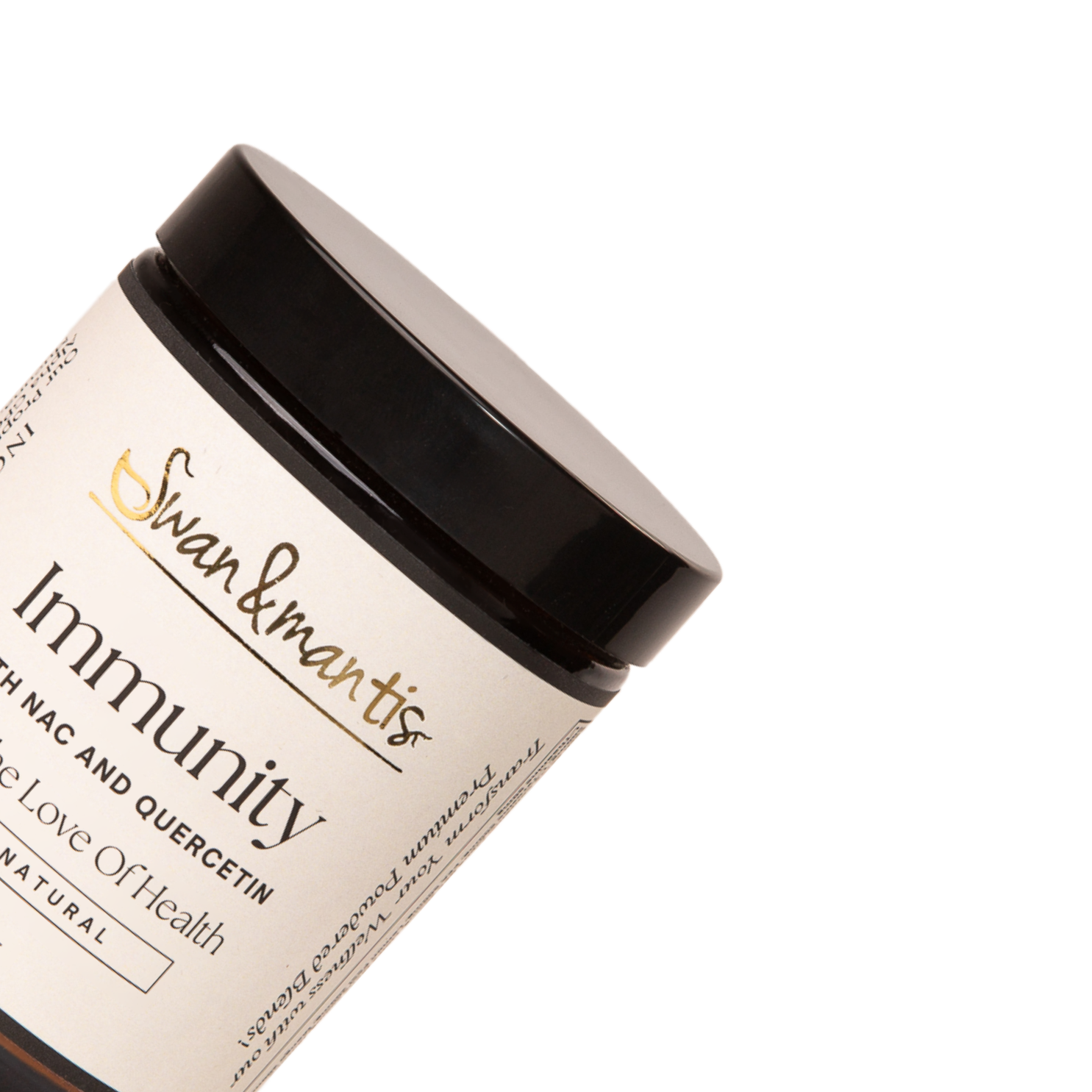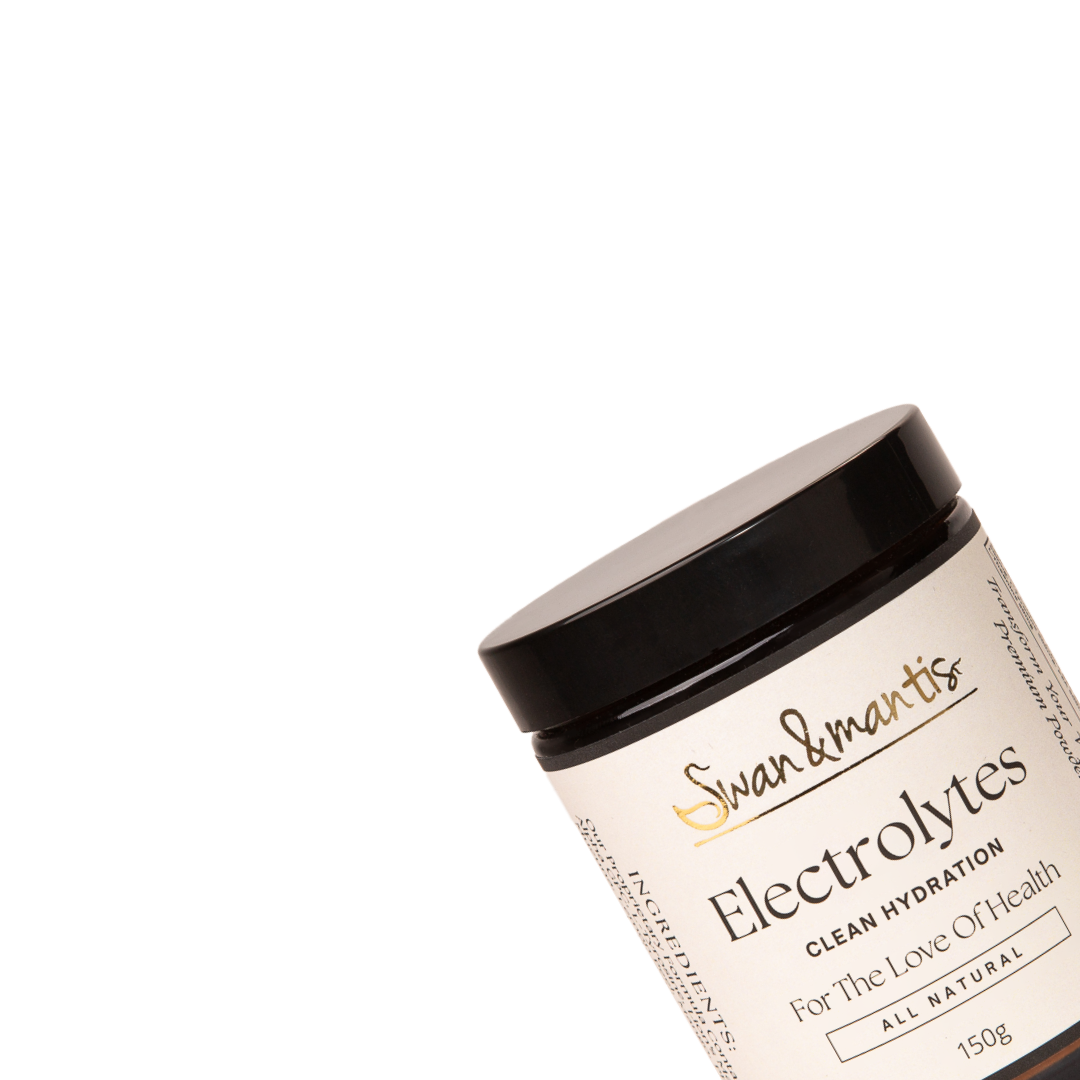Graviola
Graviola (Annona muricata) is a rainforest tree, classified under the pineapple family Annonaceae. Also known as soursop or raintree or Brazilian paw paw, it is found in the belt extending from Central America to South America, including parts of Brazil.
This small evergreen tree with large glossy dark green leaves grows to a height of 5 to 6 meters. The edible fruit is heart-shaped, yellow green in color and white inside. Graviola has gained much importance because of acetogenins, a group of potential anti-cancer agents, found in this plant. Graviola Uses Graviola has been purported to have a number of uses, especially therapeutic. Leaves, seeds, bark, fruits and roots are the traditionally used parts of this tree. Listed are some of the traditional and herbal uses of this tree. 1. Leaves are used for headaches and insomnia. The leaves also contain antioxidants known to fight inflammation.
2. Cooked leaves, applied topically, fight rheumatism and abscesses. In certain regions of Brazil, the oil of the leaves and unripe fruit is mixed with olive oil and used externally for neuralgia, rheumatism, and arthritis pain. 3. The fruit and fruit juice are used- • as deworming and antiparasitic agents • as an astringent for diarrhea and dysentery • to cool fevers, and • to increase mother's milk after childbirth
1. The seeds are crushed and used against internal and external parasites, head lice, and worms. However, it is important to note research has shown that seeds and roots contain certain toxins that could cause atypical Parkinson’s disease, so this herbal remedy is best avoided. 2. Tea made from Graviola leaves has long been used in the Amazon region to treat liver and stomach disorders.
3. A tea made from the bark, leaves, and roots are used- • as a sedative, antispasmodic • to calm the nerves, • to reduce high blood pressure Health Benefits of Graviola Graviola is best known for its anti-cancer properties. Researchers are very enthusiastic about Graviola being an alternative medicine to be used as supportive therapy for cancers, such as breast cancer, prostate cancer, liver cancer, lung cancer, pancreatic cancer, and lymphoma. It is one of the most studied properties
of the tree and so far it has shown positive results. Pancreatic cancer: An increased metabolic activity and glucose concentration in the tumor cell has been linked to aggressivepancreatic cancer. One study published in the journal Cancer Letters showed that Graviola extract containing acetogenins acted in a way to decrease ATP production thus leading to death of cancer cells. Incidentally, the researchers found that it does not affect the healthy cells.
Lung cancer- Adriamycin is sometimes used as the chemotherapy drugs for cancers including lung cancer and blood cancers. A Japanese study done on lab animals found that annonacin (acetogenin) could inhibit the growth of cancer cells in the lungs as much as Adriamycin, if not better.
Breast cancer- Researchers found that fruit extract of Graviola could successfully inhibit the growth of a gene that directly expresses cell growth (oncogene EGFR) which frequently over-expresses in breast cancer.
Analgesic and anti-inflammatory properties- A study published in the International Journal of Molecular Sciences on experimental animals supported these traditional uses for analgesic and anti-inflammatory activities, suggesting a potential for therapeutic purposes. Diabetes- Graviola has been found to be beneficial in cases of diabetes. A Nigerian study revealed that leaf extract of Graviola significantly reduced blood glucose concentration in experimental animals, possibly by enhancing the effects of insulin and adrenalin. No human trials have yet been done.
High blood pressure- Studies have shown Graviola to be a hypotensive (reduces blood pressure), vasodilator (widens the blood vessels) and cardiodepressant (decreases heart rate and contractility).


